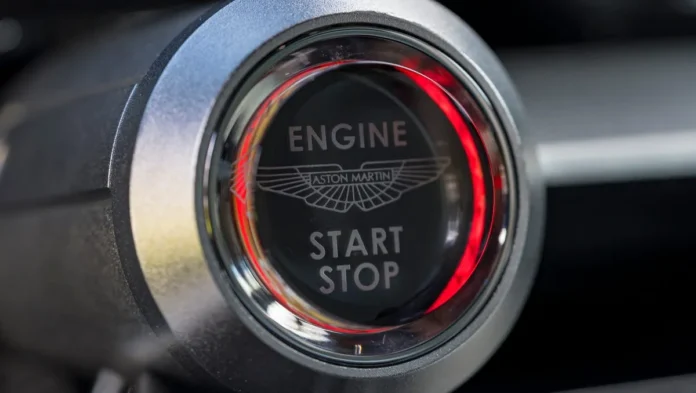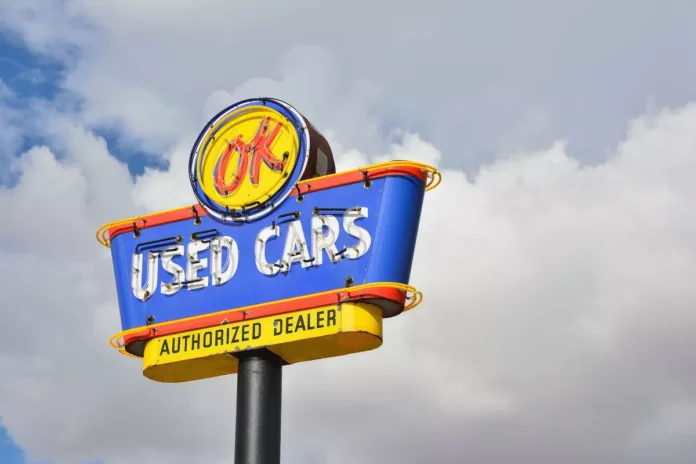Introduction to Used-Car Warranties
Used cars tend to have fewer warranty options than their brand-new counterparts, but the policies can be just as daunting to understand. For one, they rarely mirror a new car’s powertrain, bumper-to-bumper, or accessory policy; instead, they can be a mixed bag of coverage, especially if you’re comparing a short-term basic warranty with certified pre-owned coverage offered by another dealership. Here, we’ll break down the main types of used-car warranties you’re likely to encounter.

Basic Used-Car Warranties
In most states, dealerships and private parties are allowed to sell a car as-is without a warranty. However, dealers sometimes offer a minimal warranty to facilitate the sale. These policies are rudimentary, covering a percentage of the parts and labor costs for specific components that fail. They usually have a limited shelf life, often expiring anywhere from 30 days to a year after the purchase of the car.
Extended-Length Warranties
Often called service contracts, these extended warranty programs are similar to those available for new cars, protecting used-car purchasers from costly failures down the road — in some cases, up to 100,000 original miles. Policies vary widely; some cover only severe engine failures, while others include everything except regular maintenance. Basic policies generally carry higher deductibles, resulting in more out-of-pocket expense for the consumer.
Certified Pre-Owned (CPO) Warranties
In addition to the balance of the original bumper-to-bumper and powertrain warranties, nearly all certified pre-owned vehicles carry some extra coverage to provide more appeal. Programs usually include extended powertrain coverage, often reaching up to 100,000 original miles. Some automakers also offer bumper-to-bumper policies covering most vehicle components for a limited period after purchase. These policies often have a nominal deductible and usually provide roadside assistance.
Implied Warranties and Other Options
Implied warranties are required in a handful of states that don’t allow a used car to be sold as-is. In such scenarios, the seller must ensure the car can reasonably be considered a working vehicle. Additionally, aftermarket accessories and replacement parts often come with their own limited warranties. Always read these policies carefully, as they often cover only the aftermarket component.


